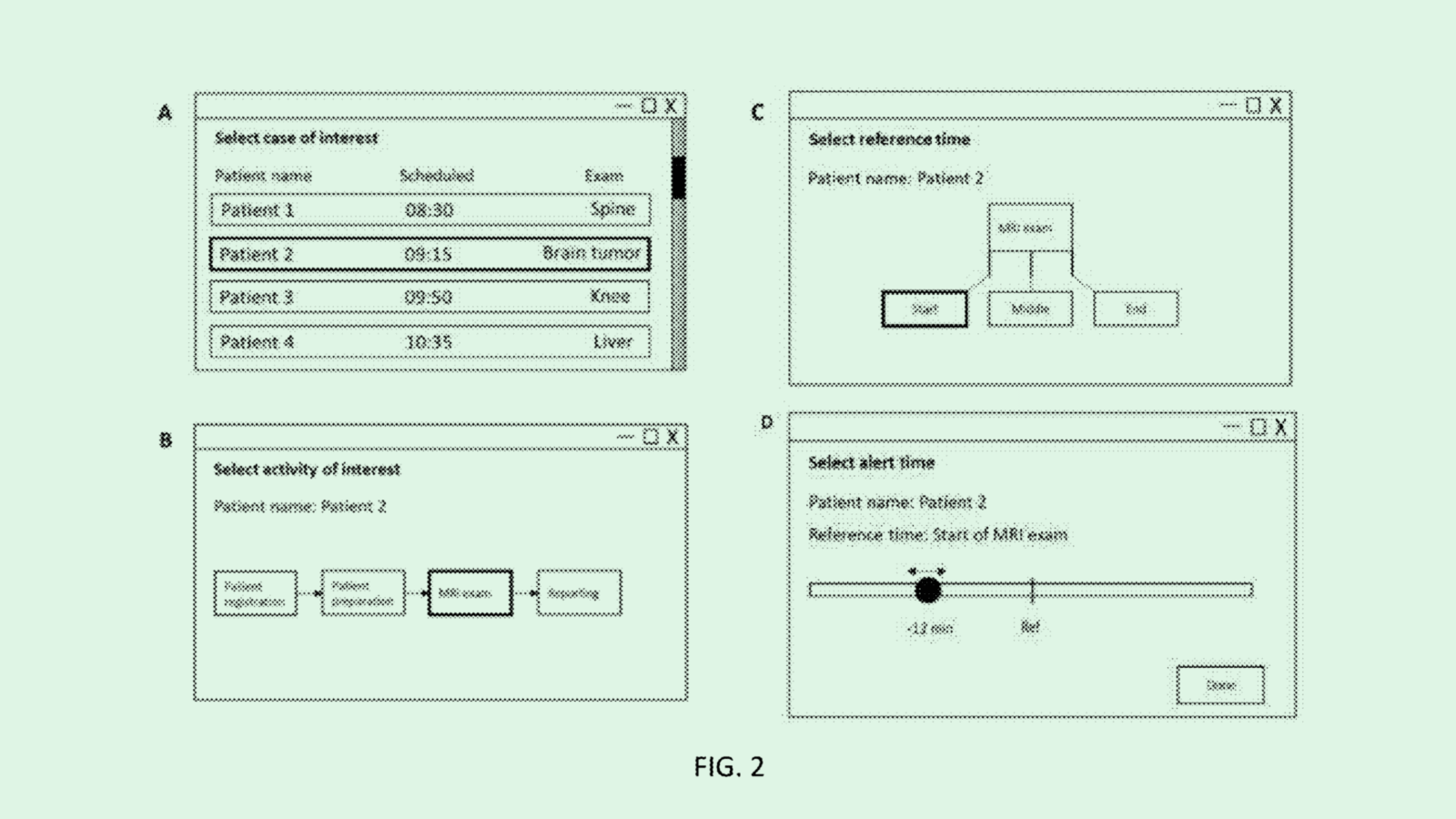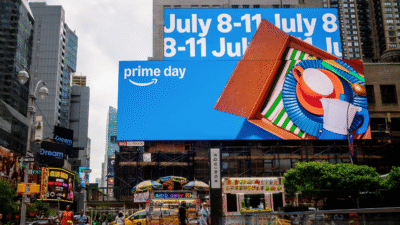Amazon Offers Prime Members a Discount For its Posh Healthcare Service
Amazon said Wednesday it plans to offer Prime subscribers low-cost annual memberships to its boutique One Medical primary care business.

Sign up for smart news, insights, and analysis on the biggest financial stories of the day.
The doctor is in… your shopping cart.
Amazon said Wednesday it plans to offer Prime subscribers low-cost annual memberships to its boutique One Medical primary care business. It’s the latest move by the e-commerce giant to bolster its future in the healthcare sector.
Give It to Me Straight, Doc
Earlier this year, Amazon acquired One Medical for nearly $4 billion, and to attract new members, the online retailer is now tapping its roughly 150 million US Prime subscribers, who already pay $139 a year for fast shipping, exclusive deals, and video streaming. One year of a One Medical membership typically runs $199, but Prime subscribers will now be able to get it for $9 a month or $99 annually.
But even with a massive built-in user base and half-off discounts, healthcare industry success is not guaranteed for Jeff Bezos & Co:
- Amazon’s previous attempts to disrupt the health industry haven’t always been fruitful. Both Amazon Care and Haven — its joint venture with Berkshire Hathaway and JPMorgan — folded just a few years after their respective launches.
- And Amazon’s not the only one interested in this space. Other tech titans like Google and Microsoft tried starting small by developing programs to make it easier for patients to share personal health records with doctors. But the functions were limited and not enough people took to the services.
Past failures from Big Tech indicate that “scaling in health care is very different from scaling in tech, or any other industry for that matter. The standard growth formula simply doesn’t work in health care,” Stephen Dean, co-founder of Keona Health, wrote in a blog post.
Talk to the Pharmacist: Amazon’s developments are similar to steps being taken by pharmacy chains. In the past few years, Walmart, CVS, and Walgreens have been ramping up their patient services, including testing for and treating common ailments like the flu, strep throat, and covid-19. Regions once considered healthcare deserts now have a few more options, and the pharmacy chains get a larger piece of the Medicare and Medicaid pies, which were worth a combined $1.6 trillion in 2021. It’s win-cough-win.











